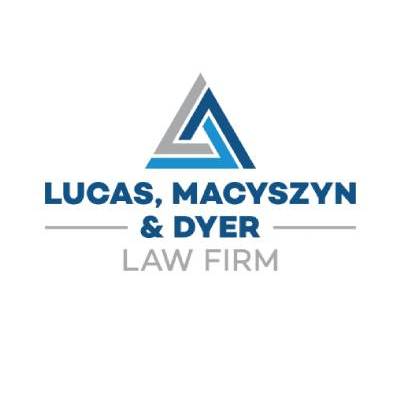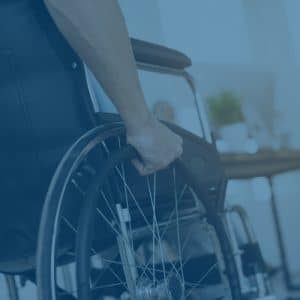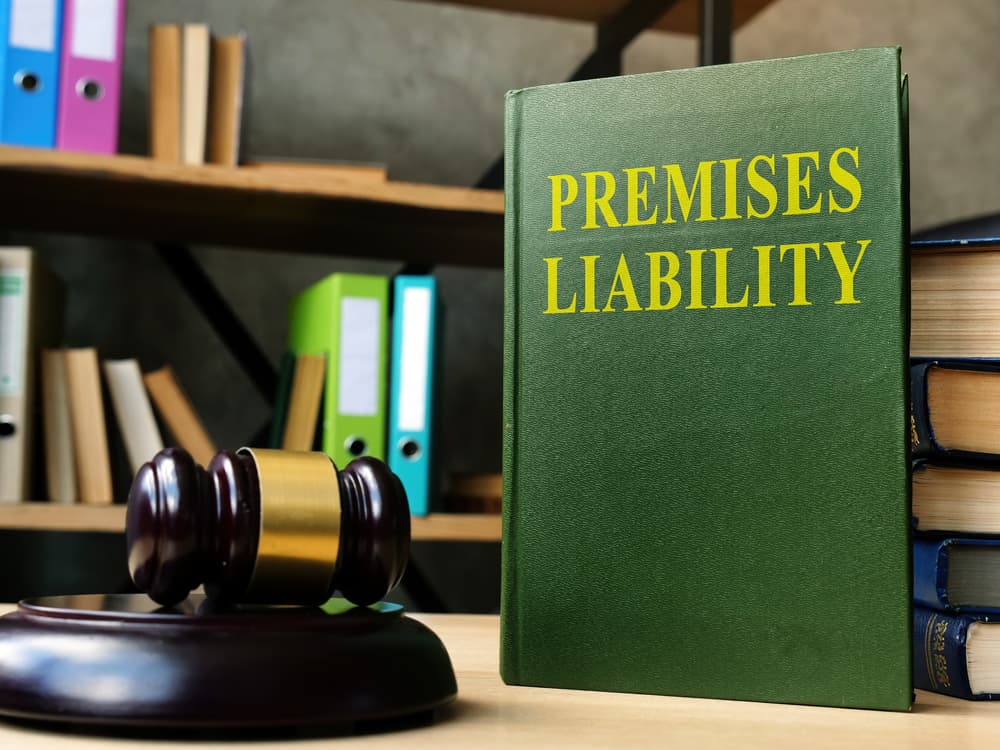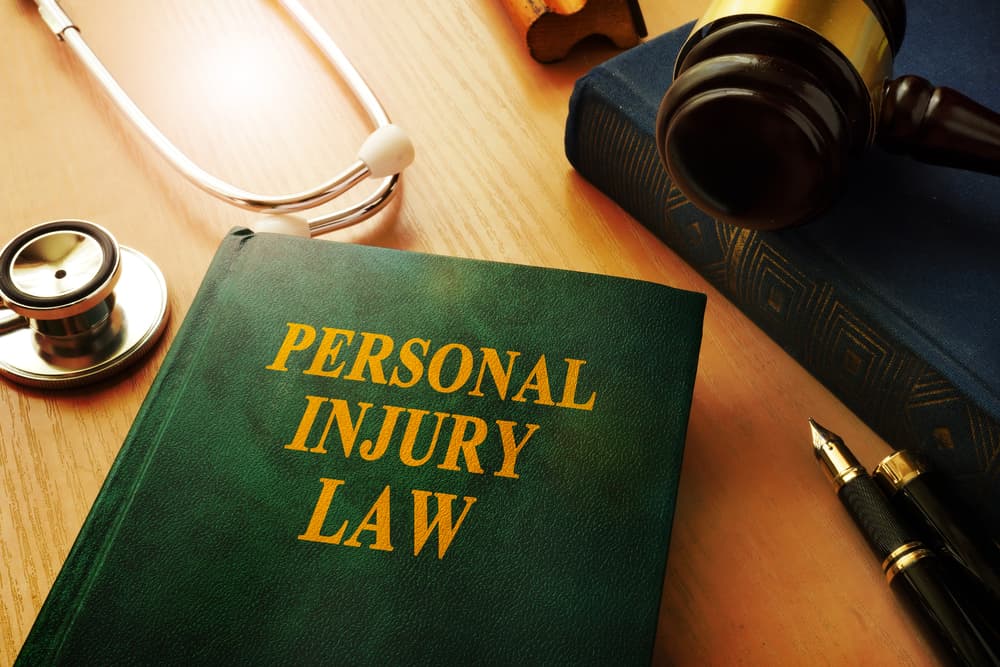
TBI stands for traumatic brain injury. These injuries can result from serious accidents and sometimes cause lifelong complications. A TBI typically happens when an accident victim suffers a blow to the head or when a blunt object penetrates the person’s skull.
While some TBIs, such as headaches, might be relatively mild, others can leave accident victims in wheelchairs and relying upon others for self-care. Even a mild TBI can have costly effects on your life, however, and require medical care and time for recovery.
If you suspect you suffered a TBI in a recent accident, you should seek medical care at a hospital emergency room or urgent care center immediately. The medical provider on duty can order the necessary brain scans and MRIs to ascertain your medical condition. If you require emergency treatment, the provider can render that treatment while you are at the facility.
Symptoms of TBIs are not always evident right away. They may sometimes take days or even weeks to fully manifest. Therefore, the sooner you seek medical attention after your accident, the better off you will be.
In addition to seeking prompt medical treatment for your TBI, you should talk with a knowledgeable brain injury lawyer in your area as soon as possible. Your lawyer can investigate the circumstances of your accident and determine if you are eligible to file a personal injury claim or lawsuit seeking damages.
The damages you recover as part of your claim should compensate you not only for your medical expenses and lost wages, but also for the emotional distress, inconvenience, pain, and suffering you endured. A brain injury lawyer in your area can explain your legal options in clear and easy-to-understand terms and help you pursue the monetary compensation you deserve.
Types of TBIs
TBIs range in severity and effects. However, even a so-called mild brain injury is a serious injury that requires treatment.
TBIs also come with varying symptoms, depending on the force of impact on the accident victim’s head and the area of the brain that sustained damage. Many accident victims sustain concussions, which are brain bruises. A concussion typically happens when the force of an impact causes the accident victim’s brain to move around inside their skull and strike the side of the skull. This can disrupt the brain’s neurons and axons, which serve as the internal wiring system and control brain functioning.
Other TBIs can involve major concussions, paralysis, permanent vegetative states, and death. When accident victims suffer a more serious TBI, they may no longer care for themselves. As a result, they might have to spend the rest of their life in a nursing home or assisted living facility, relying upon others for daily care and support.
TBIs also come with short and long-term symptoms, depending on their severity. Short-term TBI symptoms include minor headaches, short-term memory losses, nausea, dizziness, and lack of concentration. However, long-term consequences can include permanent memory losses, a permanent coma, and a lifelong inability to care for oneself.
If you or someone you love suffered a TBI in an accident that was not your fault, you should speak with an experienced injury lawyer as soon as possible. Your lawyer can discuss your legal options with you and help you decide on the best course of action for your brain injury case. Your lawyer will then help you recover the compensation you deserve for your TBI.
Monetary Compensation for a TBI
To recover monetary compensation for a TBI, you must prove all of the legal elements of your injury claim. First, you must establish that the occurrence which led to your TBI resulted from someone else’s negligence. In other words, the responsible individual or entity must have behaved unreasonably under the circumstances.
To prove that someone else caused your accident, your lawyer may need to retain an accident reconstructionist or other expert investigator who can review all the evidence and testify about how the accident occurred.
Moreover, to recover monetary damages for your TBI, you will need to establish that you suffered your TBI as a direct result of the accident. To establish this medical nexus, your lawyer may need to retain an expert healthcare provider who can testify at a deposition or jury trial in your case. The expert medical provider will need to establish, to a reasonable degree of medical certainty, that your TBI occurred because of the accident.
In addition, the expert may establish that you suffered a permanent TBI in your accident. A permanent TBI lasts for the remainder of your lifetime. If you suffer a permanent TBI, you may experience pain and other symptoms every day. Fortunately, these damages are compensable as part of a brain injury claim.
The total damages an accident victim recovers for their TBI will depend upon many factors. Those factors include the severity of the impact and the injury, whether or not the injury is permanent, and the type and cost of medical treatment that the accident victim underwent.
First, TBI victims can recover monetary compensation for their related medical expenses and lost wages. If their TBI prevents them from working at the same job and they have to switch to a different job, they can pursue compensation for loss of earning capacity.
In addition, TBI victims can recover damages for their pain and suffering, inconvenience, emotional distress, permanent disability, loss of the ability to care for themselves, lost quality of life, loss of the ability to use a body part, and loss of spousal companionship and consortium.
A brain injury lawyer in your area can help you establish the legal elements of your claim or lawsuit. Your lawyer can then negotiate with the insurance company and work to obtain full and fair settlement compensation on your behalf. If the insurance company refuses to compensate you appropriately for your TBI, your lawyer can file a lawsuit in court and litigate your case to a prompt and efficient conclusion.
Need a Lawyer?
Reach out to the Lucas, Macyszyn, and Dyer Law Firm team to begin your consultation. We pride ourselves on providing exceptional case results and giving you the peace of mind you deserve.
Accidents That May Cause a TBI
Many TBIs result from accidents when another person or entity is negligent.
Some of the most common occurrences that lead to TBIs include car and truck accidents, bicycle and motorcycle accidents, slip and falls, pedestrian accidents, medical negligence, defective products, and sports-related injuries.
- Car and truck accidents – Many car and truck accidents happen when drivers operate their vehicles negligently. Negligent driving can take many forms, but it usually involves failing to watch the road, operating a vehicle while intoxicated by drugs or alcohol, and violating the rules of the road. Common road rule violations that lead to accidents include tailgating, exhibiting road rage, speeding, weaving in and out of highway traffic, and failing to yield the right-of-way at the appropriate time. When drivers engage in these reckless maneuvers, they might cause a T-bone collision, rear-end accident, or head-on crash, causing serious injuries and fatalities. The force of an impact may cause the accident victim’s head to move forward and backward abruptly, striking the headrest, window, door frame, or steering wheel and resulting in a TBI.
- Bicycle and motorcycle accidents – Compared with car and truck occupants, cyclists are at a significant disadvantage. Except for their helmets, they do not have anything protecting them from their surrounding environment if an accident happens. Even a cyclist’s helmet can crack in a serious crash. When a cyclist strikes their head on the ground, they may suffer a concussion or other serious TBI. A serious enough impact in a bicycle crash can leave the accident victim in a permanent coma or vegetative state.
- Slip and fall accidents – Premises owners must always keep their properties reasonably safe. As part of this duty, they must inspect their premises and promptly warn about or correct any hazards which exist on the property. If they fail to do so and an accident victim slips, trips, and falls on the ground sustaining a head injury, they and their insurance companies may be liable for the resulting damages.
- Pedestrian accidents – Pedestrian accidents can happen anywhere that pedestrians are present, including crosswalks, parking garages, parking lots, and sidewalks. These accidents usually happen because a motor vehicle driver is negligent. They might not be watching the road or might be under the influence of alcohol or drugs, negligently causing their vehicle to strike a pedestrian. If the pedestrian falls to the ground, they can suffer a broken bone, TBI, or another serious injury.
- Bus accidents – Taking the bus is a relatively safe form of transportation, but when accidents occur, head and brain injuries commonly result. Bus passengers rarely have access to seat belts or other safety features, and a crash can cause them to fly around the bus, often hitting their heads on the windows, floor, or other objects inside the bus. These blows can cause TBIs. Buses can also cause brain injuries to people in other vehicles, pedestrians, cyclists, and others they might hit.
- Defective products – Product manufacturers and designers must use reasonable care when constructing and designing their products and making them available for sale. They must also properly test their products. If a product malfunctions or explodes when a consumer uses it properly, and a head injury results, the injured consumer can bring a claim against the product manufacturer, distributor, or some other entity in the product distribution chain.
- Sports injuries – Contact sports, including football and basketball, may cause players to suffer TBIs. This is especially true if they fall to the ground and land on their head or neck. Coaches, teachers, and administrators are responsible for recognizing the symptoms of concussions and other TBIs and for getting injured students the medical care they need promptly. If they fail to do so, these individuals, along with the school board, can be responsible for the damages that an injured student suffers.
If you or a person you care about suffered a TBI under one of these circumstances, you are not alone. An experienced and compassionate brain injury lawyer near you can explore your legal options and help you take the necessary legal action to recover monetary compensation in your case. You want to seek help from a lawyer with experience handling your type of accident claim.
Litigating Your TBI Claim With the At-fault Party’s Insurance Company
If the insurance company refuses to offer you the full and fair compensation you deserve for your TBI, your lawyer can help you litigate your case in court. Litigation begins when you file a lawsuit in the court system where your accident happened. Even after filing suit, your lawyer may continue settlement negotiations on your behalf with the insurance company. However, after filing a lawsuit, the court will issue a scheduling order which establishes various deadlines for the case.
The court may also set dates for a settlement conference and a jury trial. At the settlement conference, the court will help facilitate settlement discussions between the parties and work to bring the case to an efficient resolution. If the case does not settle, the parties can take the case to a jury trial and let the jury resolve all disputed issues. The parties may also consider mediation or binding arbitration to resolve their pending issues.
Call a Brain Injury Lawyer in Your Area Today

TBIs are serious business and can have potentially lifelong consequences. If you or someone you care about suffered a TBI in a negligence-related accident, you have legal options. One of the most important steps is to contact an experienced personal injury lawyer who can advocate for you against the at-fault party’s insurance company.
Never worry about the legal process when you must deal with a serious TBI. Your lawyer will pursue monetary damages that fully and fairly compensate you for your TBI. If that is not possible through settlement, your lawyer can litigate your case and take it to trial, mediation, or binding arbitration, in pursuit of a favorable result.



